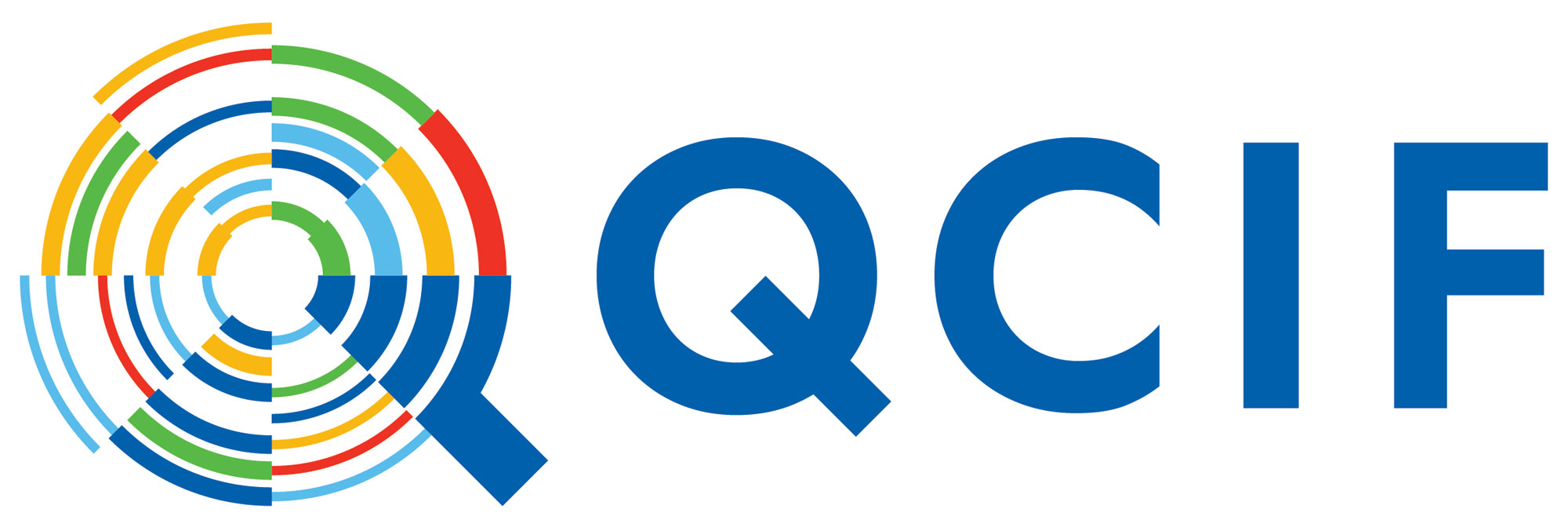26/08/2020
A prototype portal involving machine learning to help people learn Australian sign language (Auslan) claimed first prize at this year’s national HealthHack.
Dr Jessica Korte from the University of Queensland’s School of Information Technology and Electrical Engineering brought her Auslan Community Data Portal project to the event for ‘hackers’ to work on.
“I had a great time and would strongly recommend HealthHack to anyone interested in a hackathon,” said Dr Korte on Twitter.
Her winning team also consisted of Michael Swan, Chris James, Chelsea Tang and Camilla Moi.
QCIF eResearch Analyst Dr Nick Hamilton, who has been a co-organiser and “Problem Wrangler” (in charge of vetting the research problems for hackers to solve) for HealthHack since its Brisbane launch in 2015, said of the winning project:
“The Auslan Community Data Portal is a very exciting project that will act both as an invaluable resource to the signing community to learn and to share expertise, as well as a foundational data set to create new advanced machine learning applications for signing, such as automated recognition and translation.”
This year, due to the COVID-19 pandemic, HealthHack was held online for the first time and across two weekends, instead of one weekend, starting Friday, 24 July.
“To be honest we were not sure whether HealthHack would work virtually, there is so much energy and enthusiasm when everyone is together in the room for a weekend,” said Dr Nick.
“However, the experience of the organisers as well as the feedback from the participants has been great, and the fantastic outcomes for all the problems speak for themselves!”
QCIF was a proud sponsor of this year’s HealthHack.
Being online enabled people from all around Australia to participate and form into teams to work on seven projects involving healthcare and medical research problems.
HealthHack brings researchers, students and healthcare professionals together with software developers, educators, engineers, designers and other scientists to create innovative solutions for research problems.
This year’s HealthHack judges were Dr Jessica Mar, from UQ’s Australian Institute for Bioengineering and Nanotechnology (AIBN); Nina Ginsberg, a Griffith University Education PhD student and previous HealthHack “research problem owner”; and Jason Lowe, co-founder of Hacking Health Queensland and an Oracle principal consultant.
The judges awarded HealthHack 2020’s second prize to another UQ-led team, namely Gavin Rice from the Institute of Molecular Bioscience and his CyroFilter project, a deep learning solution for high resolution protein structures.
Gavin’s team also included Simon Thomas, Mahasen Sooriyabandra, Prithvi Reddy and Isaac Tucker.
HealthHack’s third prize went to the ‘Forma11y’ team who worked on creating medical forms suitable for the visually impaired.
Vivian Dao, a UQ dental student and dental assistant, and Eugene Dragut, a UQ medical student and medical administration officer, led the Forma11y team.
The team also included Anas Fares, Bashar Tasslak, Saad Taslaq, Ruitong Fan, Neil Estandarte, Sebastian Jezierski and Russell McDonell.
HealthHack’s design award went to ‘Team Oscar’ for its work on an app based on the mind-gutguru website that helps people with inflammatory bowel disease manage their experience and connect with others.
The user experience designer behind mind-gutguru, Molly Lewis, led Team Oscar, which also included Nick Solante, Sachi Grannan, Craig Barr, Eugene Lubarsky, Gustavo Da Costa, Jess Sherrington, Han Fey Yap and Brett Osler.
Jess Sherrington and Neil Estandarte, on the Oscar and Forma11y teams respectively, won the ‘Spirit of the HealthHack’ award for “being awesome” and helping other projects, and not just their own, meet the deadline.
This year’s ‘Supreme Coder of the Hackathon’ award went to UQ bioinformatics PhD student Simon Thomas, who worked on the CyroFilter project. According to HealthHack on Twitter: “This award is given to those individuals that are a coder’s coder. They get the job done whether it be a last ditch workaround or the most elegant solution.”
HealthHack unveiled a new award this year: the Supreme Coder Hall of Fame. “This award is given to those individuals that consistently are a coder’s coder, event after event,” said HealthHack on Twitter.
Software developer Andrew Newton, programmer Michael Swan and QCIF’s very own Thom Cuddihy entered HealthHack’s Supreme Coder Hall of Fame.
Thom, a bioinformatician, has been a regular attendee of HealthHack and was on the winning team in 2017.
“It’s a real honour to be included in this new award,” said Thom.
“Over the last four years, HealthHack has stood out to me from other hackathons by its friendly and welcoming atmosphere, and the focus on health and medical problems adds an extra layer of meaning to the projects we work on.
“I was a bit tentative on the online nature for this year, but it’s really a sign of the times that we all were able to collaborate so well using Remo virtual conference software provided by IBM. Still, I’m looking forward to participating again next year in person.”
Image above: The HealthHack 2020 judges and Dr Jessica Korte online. (Image by Dr Nick Hamilton.)

